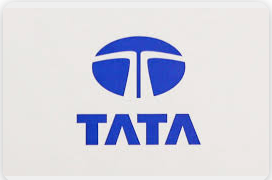Amid growing internal tensions within one of India’s most influential conglomerates, Prime Minister Narendra Modi’s administration has intervened—sending senior ministers to engage directly with Tata leadership in an unprecedented move that signals the gravity of the situation.
Unprecedented Government Outreach
Top ministers, including Home Affairs Minister Amit Shah and Finance Minister Nirmala Sitharaman, recently held talks with Tata Trusts Chair Noel Tata and Tata Sons Chief N. Chandrasekaran to help resolve escalating discord at the top. The government’s involvement reflects Tata Group’s critical role in India’s economy, spanning industries such as steel, automobiles, defense, semiconductors, and infrastructure.
Multiple Challenges Across the Group
The Tata conglomerate is currently grappling with several concurrent challenges. A recent cyberattack on Jaguar Land Rover disrupted operations, while governance issues within Tata Trusts—arising after Ratan Tata’s passing—have led to disputes over control, board appointments, and the future of minority stakeholders. Tata Trusts, which holds 66% of Tata Sons, continues to wield decisive influence over the group’s strategic direction.
Resilience Amid Uncertainty
Despite these setbacks, market watchers remain confident in the group’s ability to stabilize. Experts note that “these are large businesses with strong management teams and a huge degree of resilience—they will get their arms around it.”
The intervention marks a critical juncture for both the Tata Group and India’s industrial leadership, as the conglomerate seeks to restore stability and maintain its legacy of trust and innovation.




Leave A Comment